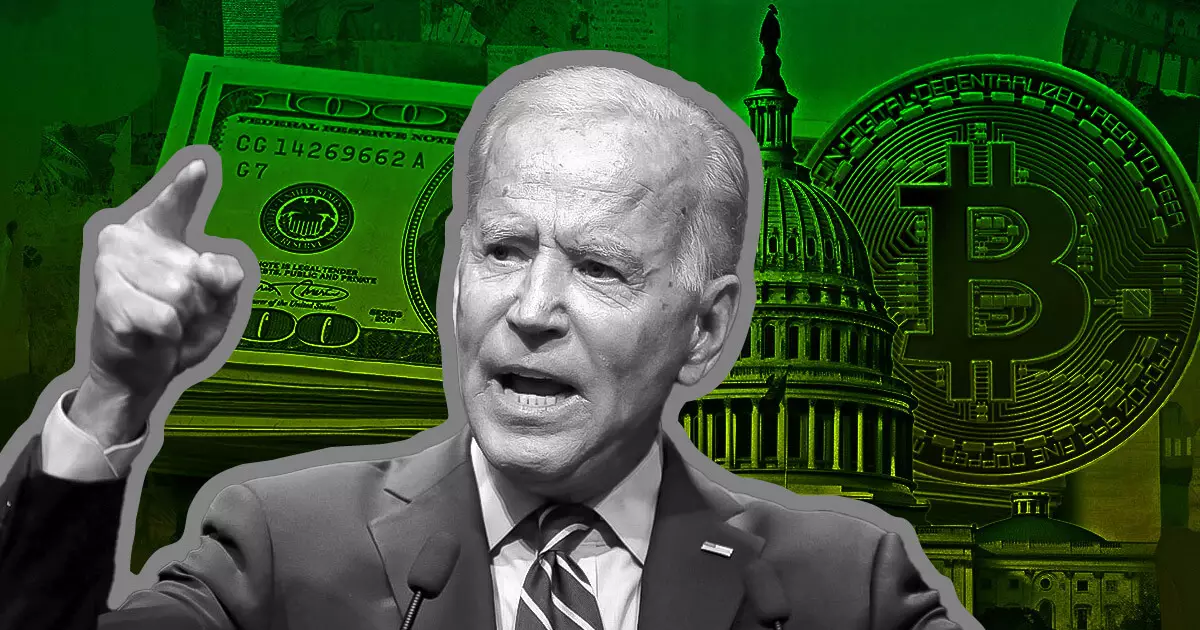US President Joe Biden made a bold move when he vetoed H.J. Res. 109, a resolution aimed at overturning the SEC’s controversial SAB 121 rule. This decision showcases a clear political divide between the parties, with Biden highlighting the resolution as a “Republican-led” effort. This veto not only indicates a clash of ideologies but also raises questions about the future of crypto regulation in the US.
In his justification for the veto, Biden emphasized the importance of protecting consumers and investors. He argued that SAB 121 plays a critical role in safeguarding the public interest and that any attempt to overturn it would jeopardize the well-being of individuals. By taking this stance, Biden is positioning himself as a protector of the people, signaling his commitment to upholding regulatory measures that benefit society as a whole.
Bipartisan Support vs. Party Divide
Despite claims of bipartisanship from lawmakers supporting the resolution, the voting records tell a different story. The overwhelming support from Republican lawmakers in both the Senate and the House of Representatives reveals a clear party bias in favor of overturning SAB 121. This discrepancy between rhetoric and action highlights the complexity of political agendas and the challenges of collaboration in a divided government.
The debate over SAB 121 is multifaceted, with conflicting perspectives on its impact and effectiveness. While some, like Congressman Patrick McHenry, argue that the rules are overly restrictive and lacking proper regulatory procedures, others, such as Democratic senator Elizabeth Warren, view them as necessary safeguards. The American Bankers Association falls somewhere in between, acknowledging the need for adjustments but stopping short of total rejection.
Uncertain Future
Biden’s veto does not provide a definitive resolution to the issues surrounding SAB 121. By addressing only one legislative attempt to overturn the rule, he leaves the door open for future challenges and debates. The outcome of this political standoff remains uncertain, with implications for regulatory frameworks, innovation, and the broader financial landscape in the US.
US President Joe Biden’s veto of H.J. Res. 109 reflects a complex web of political, regulatory, and ideological tensions. The clash between parties, the focus on consumer protection, the debate over SAB 121, and the uncertainty of the future all contribute to a nuanced and challenging landscape for policymakers and stakeholders. As the crypto regulatory framework continues to evolve, the decisions made today will have lasting effects on the financial industry and the American public.
















Leave a Reply